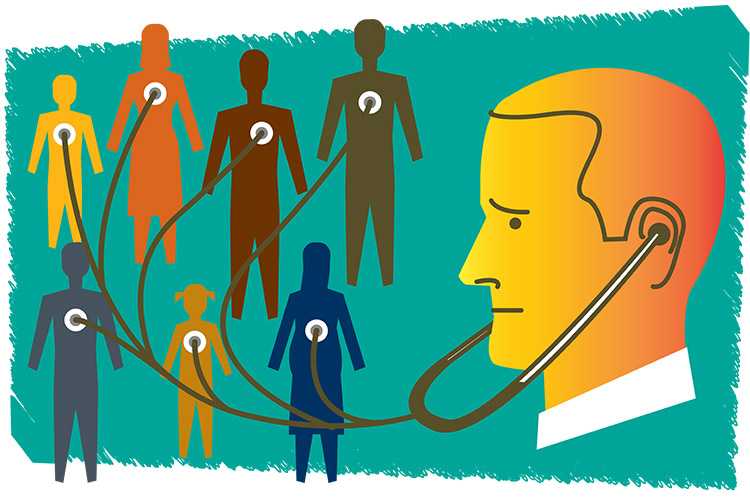With prejudice against black people already a major issue plaguing the US and the world at large, the last thing you need is for your algorithms to further exacerbate this problem. As it happens, a new study of chronic kidney disease patients in Boston found that the math used to diagnose individuals is very likely to assign black people healthier scores and thus prevent them from qualifying for a kidney transplant when they really need one.
The study in question analyzed health records for 57,000 people suffering from chronic kidney disease from the Mass General Brigham health system that comprises of Harvard teaching hospitals Massachusetts General and Brigham and Women’s. The study found that one-third of the black patients (more than 700 individuals) were diagnosed with a less severe category of kidney disease than what they were actually suffering from.
Of course, this kind of inaccurate diagnosis ends up affecting whether or not a deserving black person can get a kidney transplant or not. Indeed, in 64 cases, the recalculated scores for patients using a fairer formula would have qualified them for a transplant waitlist. However, since none of them were referred or evaluated for a transplant, it appears that doctors didn’t question the algorithm’s skewed results at all.
“That was really staggering,” says Mallika Mendu, an assistant professor at Harvard Medical School. “We know there are already other disparities in access to care and management of the condition. This is not helping.”
The sad fact is that this kidney disease algorithm is just one of the many clinical decision algorithms that factor race into their decision-making process. A recent review found more than a dozen such algorithms, including ones for critical conditions like cancer and lung care.
In order to address the issue of race as a factor in kidney assessment and care, two leading US kidney care organizations have formed a task force. Encouragingly, more than 1,300 people have signed a petition urging the group to take action.











